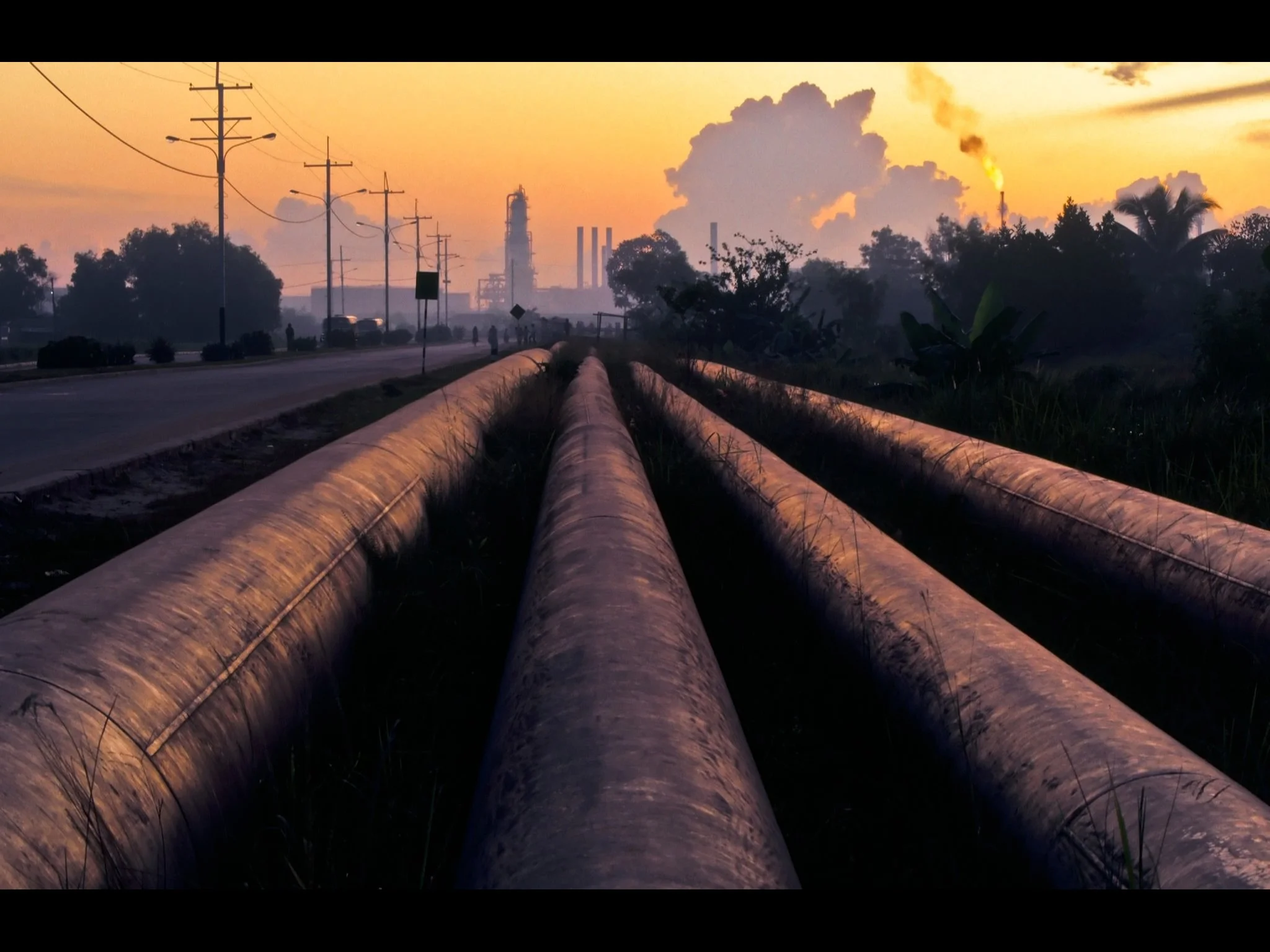Website
How many planets do we need if everybody lives like you? When is your personal Overshoot Day?
iOS | Android
HappyCow is a dining guide to healthy vegetarian restaurants, vegan restaurants, and natural health food stores, and provides info on nutrition, veganism, vegan recipes, healthy cooking, travel, and more.
A small midwestern town decides to re-build sustainably after being destroyed by a tornado in 2007.
Transforming whole systems means transforming purpose. In the world of business growth, market share and shareholder profit are the near-universal stated purpose. But the mission of the John Lewis Partnership, as spelled out in its London headquarters, is different...
Grassroots community action in Chicago joins with national environmental groups to shutter two coal-fired power plants, building a model of effective action for other communities to follow.
The nation of Palau now protects 80 percent of its oceans.
(FILM, 92 MIN.)
A 2015 documentary, directed by Andrew Morgan, focusing on aspects of the garment industry ― from production (mainly exploring the life of low-wage workers in developing countries) to its after-effects such as river and soil pollution, pesticide contamination, disease and death. Using an approach that looks at environmental, social and psychological aspects, it also examines consumerism and mass media, ultimately linking them to global capitalism. The documentary is a collage of several interviews with environmentalists, garment workers, factory owners, and people organizing fair trade companies or promoting sustainable clothing production.
(Video, 10 Min.)
This thoughtful talk by Andrew Winston explores the challenges facing society and the role of business in meeting those challenges.
(VIDEO, 3 MIN.)
A short, fascinating video introducing the problems with GDP as an indicator of economic well-being, using the collapse of the cod fishery in Newfoundland.
(BOOK)
Humanity’s 21st century challenge is to meet the needs of all within the means of the planet. In other words, to ensure that no one falls short on life’s essentials (from food and housing to healthcare and political voice), while ensuring that collectively we do not overshoot our pressure on Earth’s life-supporting systems, on which we fundamentally depend – such as a stable climate, fertile soils, and a protective ozone layer. The Doughnut of social and planetary boundaries is a playfully serious approach to framing that challenge, and it acts as a compass for human progress this century.










